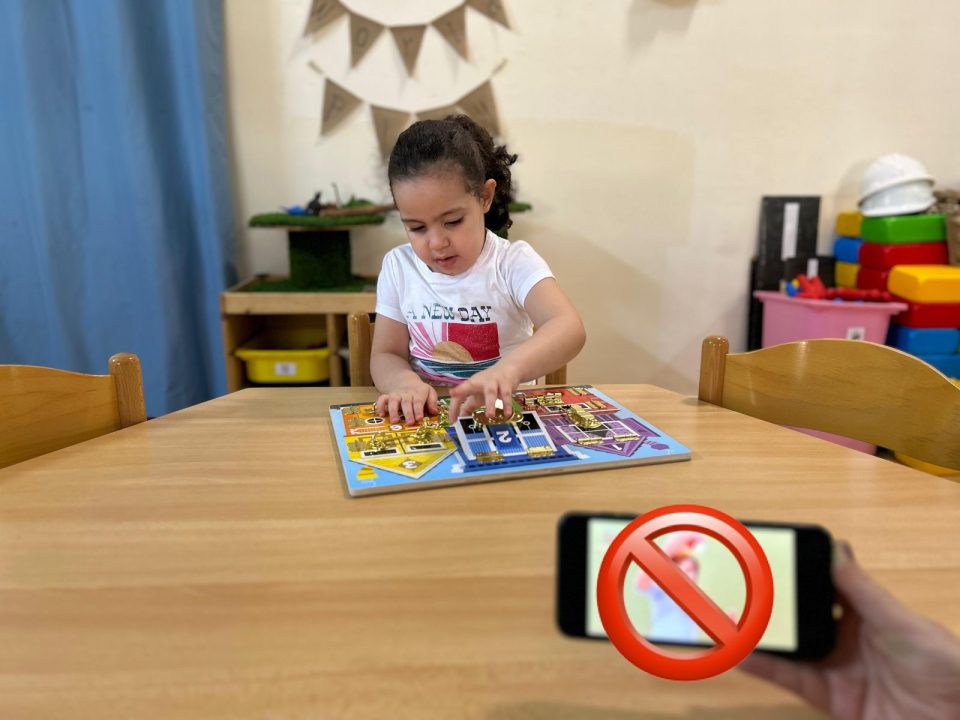Reading is a wonderful activity that brings both joy and learning to children. When parents read to their kids, they not only share stories but also help their children develop essential skills.
In this blog, we’ll explore the importance of parents reading to children, the benefits it brings, and tips to make reading time more enjoyable.
Why Reading to Children Matters?
Reading to children goes beyond storytelling—it’s about building a bond and fostering a love for learning.
Here are some key reasons why parents should make reading a regular part of their routine.
1. Language Development
Reading aloud exposes children to new words and phrases, helping expand their vocabulary and deepen their understanding of language. It also enhances their ability to express themselves and communicate effectively.
Tip: Choose books with colorful illustrations and engaging characters to keep your child interested and engaged in learning.
2. Cognitive Skills
Reading helps develop children’s critical thinking. When they listen to stories, they learn to connect different ideas and concepts, and they begin to understand story structure, including beginnings, middles, and endings
Tip: Ask questions while reading, such as, “What do you think will happen next?” or “Why did the character make that choice?” This promotes cognitive skills and keeps them involved.
3. Imagination and Creativity
Storybooks encourage children to use their imagination. When they hear about distant lands, magical creatures, or brave heroes, they think creatively, which plays an important role in their development and inspires them to explore new ideas.
Tip: Encourage your child to create their own stories based on what they hear. This not only fosters creativity but also builds confidence in storytelling.
4. Emotional Connection
Reading together strengthens the bond between parents and children, creating a sense of security and comfort that supports mental and emotional well-being.
Tip: Make reading a cozy experience by snuggling up with soft blankets and creating a comfortable reading space.
5. Knowledge and Learning
Books are a gateway to a world of information. Reading introduces children to various subjects, cultures, and ideas, helping them grow into open-minded and informed individuals.
Tip: Choose books on different topics—like science, history, and nature—to broaden your child’s horizons and spark curiosity.
Setting a Reading Routine
Establishing a reading routine makes reading a fun and regular part of your child’s life. Here are some tips for creating a lasting reading habit:
- Read Daily: Aim for at least 15-20 minutes of reading each day. This can be at bedtime, after lunch, or any other time that fits into your schedule.
- Create a Reading Nook: Set up a cozy reading spot at home with pillows, blankets, and a selection of books to make it warm and inviting.
- Visit the Library: Let your child choose books that interest them on library trips. This makes reading exciting and fosters independence.
- Be a Role Model: Show your child you value reading by letting them see you enjoy books, magazines, or newspapers. Your enthusiasm will inspire theirs.
Real-Life Benefits of Reading
Research shows that regular reading improves children’s academic performance and language skills.
A study by the American Academy of Pediatrics found that children who read with their parents develop better literacy skills and are more likely to enjoy reading later in life.
Long-Term Effects
The value of reading with children extends far beyond early childhood.
Children who grow up loving books often perform better academically and are more likely to become lifelong readers—a habit that supports personal and professional growth throughout their lives.
Conclusion
Reading to children is a powerful activity that promotes language development, cognitive skills, imagination, and emotional bonding.
By establishing a reading routine and fostering a love for books, parents can make a meaningful impact on their child’s growth and development.
At Super Kids Nursery, we believe in the importance of reading and encourage families to make it a cherished part of their daily routine.
Through reading, you’re not just sharing stories—you’re nurturing a brighter future for your little ones.







